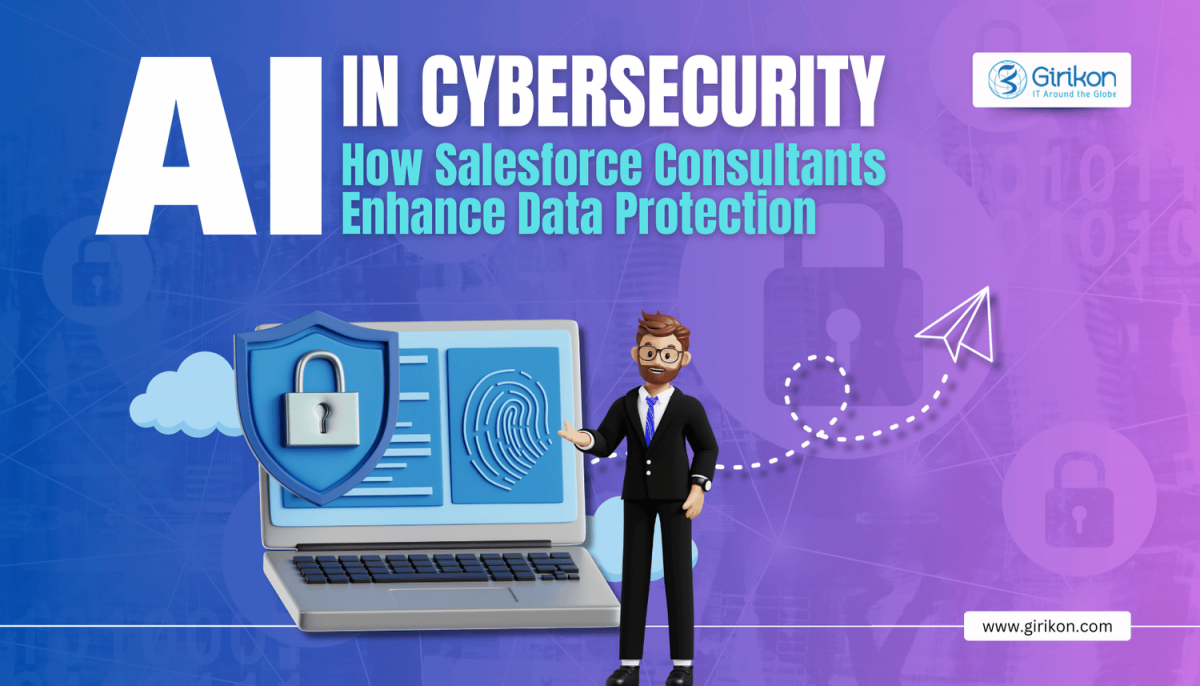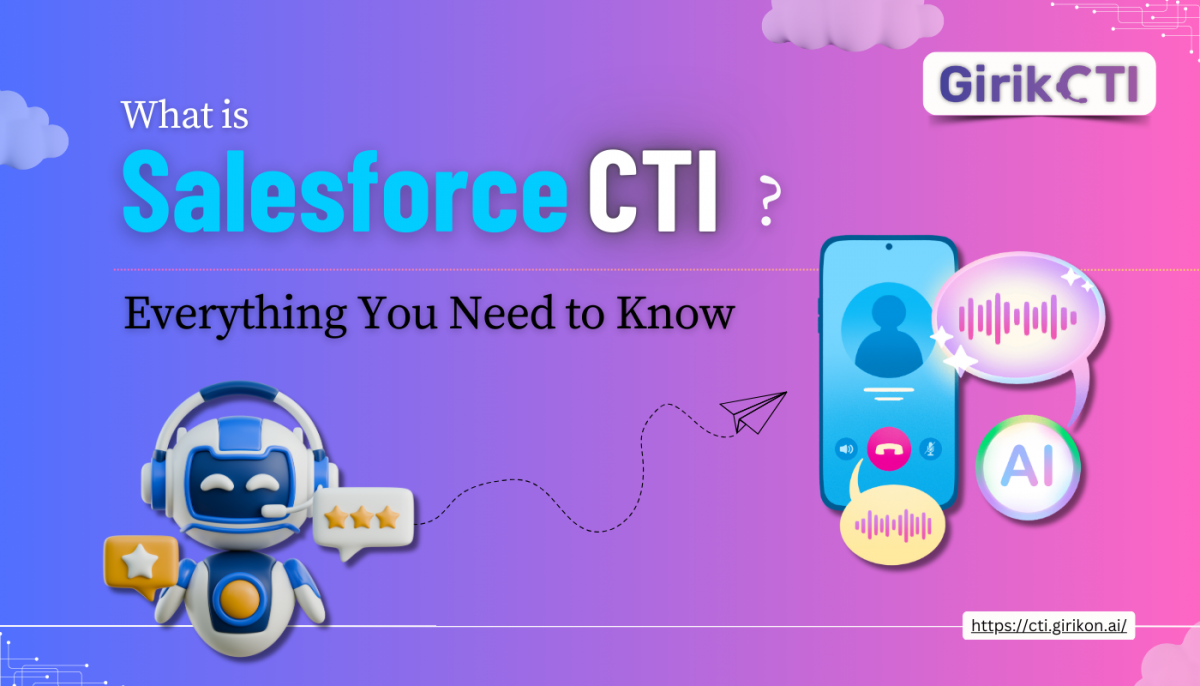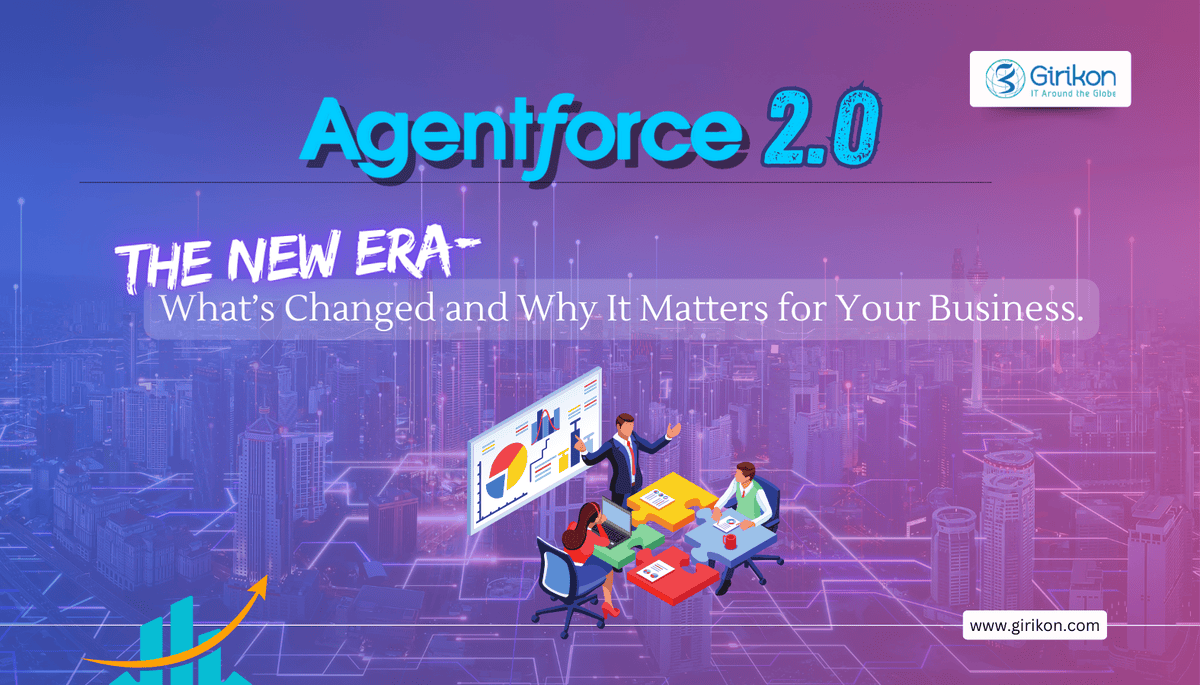Our Blogs
Salesforce – a cloud-based CRM has a record of being the most widely adopted CRM platform by businesses of different sizes and domains. With its wide array of features and functionalities, Salesforce has helped businesses achieve their business goals. Salesforce has helped businesses supercharge their selling process by augmenting collaboration, creating personalized experiences, and removing data silos. Like any other sector, Salesforce has revolutionized the healthcare sector by ensuring better collaboration among health care teams, augmenting patient-provider relationships, and eventually attaining enhanced health outcomes.
The Salesforce Health Cloud released in 2016 has exhibited several advantages for the healthcare sector. To know more about Salesforce and its benefits, it makes sense to partner with one of the best Salesforce consultants. Let's explore some of them:
Get a Complete View of Patients: It is possible to get a clear picture of every individual's profile, including their data (non-clinical and clinical), communications, demographics, and other essential information from claims system, EHR, and more from a central location.
Empower Patients: This cloud solution empowers patients and healthcare providers to track the progress of health goals. It is possible to connect in real-time to address patients' queries or family members' queries from a single device.
Provide Quicker Personalized Care: With this cloud solution, it is possible to monitor cases and prioritize tasks based on instant needs and degree of importance. Apart from this, it is possible to section inhabitants in terms of demographics, risk, and other parameters while collaborating across the entire network of care providers while setting reminders for patient follow-up.
Enhance EHR: Since it is possible to access the right data at the right time, earning patients' trust becomes easy. Health Cloud enables users to unravel EHR systems and integrate apps securely and flexibly.

Why Should Healthcare providers use Salesforce?
Connect Disparate Data Sources: Removing data siloes is what Salesforce is known for. An average system uses multiple systems such as EHR, Insurance claims system, billing information, lab reports, etc. This wealth of data is scattered across several systems and therefore isn't very useful. By using APIs, all types of data can be integrated securely with Salesforce. Besides this, tools like Mulesoft Accelerator reduces the burden on IT teams. By efficiently bringing together disparate patient data in a single place, healthcare providers are empowered to make better decisions and spend more time on patient care.
Make Intelligent Use of Data: Salesforce can be leveraged to improve health outcomes by using its analytical capabilities on data. Tools like Tableau, formerly known as Einstein Analytics, provides healthcare providers with actionable insights so that patient need can be proactively fulfilled by anticipating their needs. It is also possible to identify high-risk patients via risk stratification to get enrolled in the right health care management program. In other words, Salesforce empowers healthcare providers to make data-driven decisions, ultimately leading to greater patient-provider satisfaction.
Collaboration of Care Team: Salesforce empowers healthcare providers to create a team that would include members of the patient care community, including physicians, household caregivers, or any one part of the healthcare journey. This becomes possible as Salesforce Health cloud develops on the capabilities of the service cloud. Individuals can assign tasks, send messages from any device, or view care management plans based on their team position. In short, it is a win-win situation for patients and providers.
Personalized Experiences: Consumers today expect personalized experiences across their journey with a brand. With Salesforce, it is possible to personalize every step of a customer's healthcare journey. Contact center agents can offer precise and tailor-made answers to patient queries as it is easy to access relevant information from visual care timelines and patient data cards. By consolidating clinical and non-clinical data in a single place, personalized care plans can be created. Besides this, healthcare providers can also address specific requirements of patients even before patients bring them up.
Moreover, based on patient preference, patient communication can be handled through calls, messages, or an online Salesforce portal. The innumerable opportunities of personalization offered by Salesforce can deepen patient-provider relationships, build trust and lead to better health outcomes.
Data Security: For healthcare organizations, data security is of utmost significance. Breach in data security will not just put patient safety at stake but can cost millions. Salesforce allows organizations to stay in control of their data by staying HIPAA and HITRUST compliant. Healthcare organizations can ensure that electronically protected health information (ePHI) is encrypted and can be accessed only by authorized users using Health cloud associated with Salesforce Shield. Irrespective of the restricting nature of the regulatory guidelines, Salesforce paves the way for advancement. Healthcare companies can pick from the vast array of the available native Apps present on the App Exchange platform to add functionality to improve processes without compromising on data security.

The Bottom Line:
As we step into the New Year while enduring the pandemic, healthcare providers require operating as efficiently while offering first-rated care. Besides ensuring the aforesaid, Salesforce Health Cloud can provide a 360-degree view of a patient, which paves the way for intelligent data usage at every stage of the patient care journey. This empowers healthcare providers to offer services that best meet patient expectations. Healthcare providers should consider contacting certified and experienced Salesforce Implementation partners to implement Salesforce Health Cloud.
By creating innovative healthcare solutions, implementation partners will empower organizations to meet the evolving needs of today’s healthcare industry. All the healthcare players such as hospitals, nursing homes, pharmaceuticals etc. can benefit from custom solutions offered by these service providers.

 +1-480-382-1320
+1-480-382-1320 +44-7428758945
+44-7428758945 +61-1300-332-888
+61-1300-332-888 +91 9811400594
+91 9811400594


















